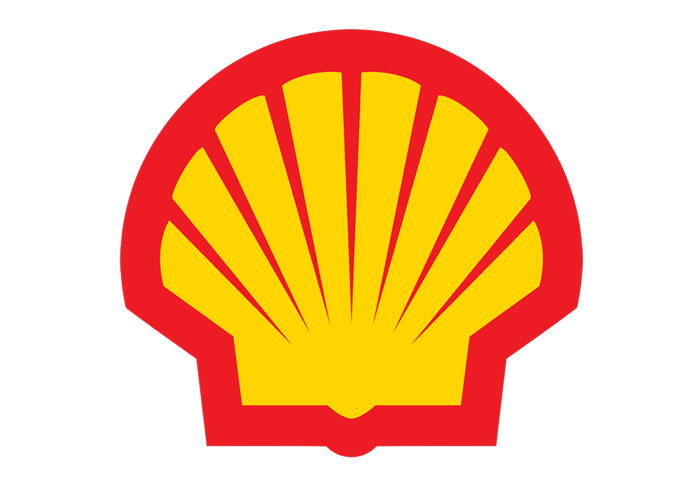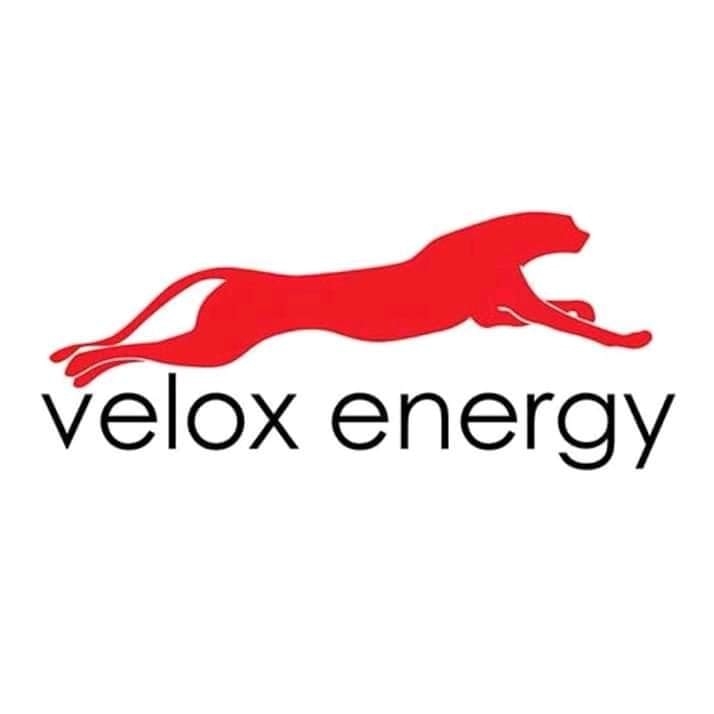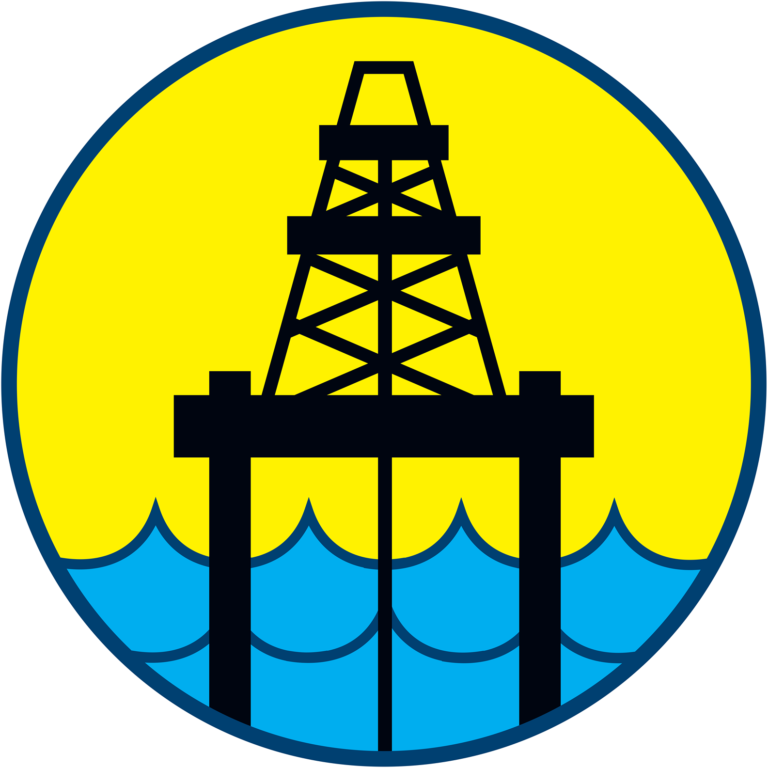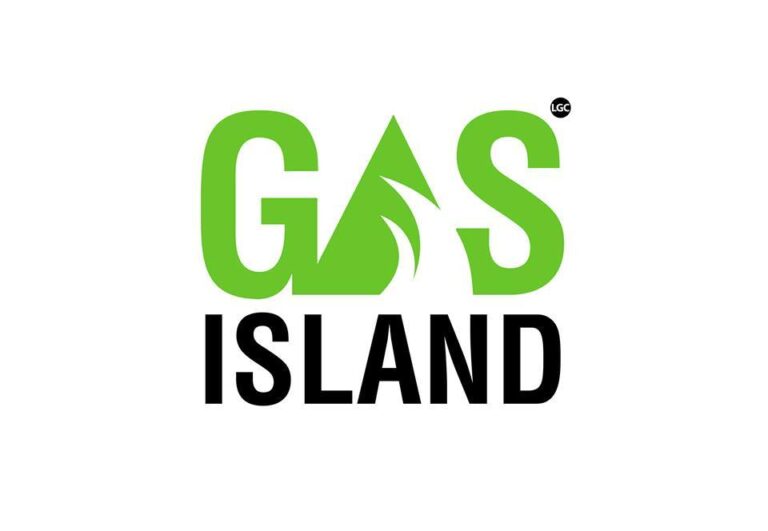Shell, formally known as Royal Dutch Shell, is a multinational energy company headquartered in The Hague, Netherlands, and incorporated in the United Kingdom. It is one of the largest oil and gas companies in the world. Here are some key points about Shell:
- History: Shell’s history dates back to the 19th century. The company’s origins can be traced to the formation of two companies: “Royal Dutch Petroleum Company,” established in 1890 in the Netherlands, and “Shell Transport and Trading Company,” founded in the United Kingdom in 1897. These two companies merged in 1907 to become Royal Dutch Shell.
- Operations: It is involved in various aspects of the energy industry, including oil and gas exploration, production, refining, distribution, and marketing. The company operates in more than 70 countries, with a significant presence in Europe, Asia, Africa, the Americas, and Oceania.
- Downstream and Upstream: Shell’s business can be divided into two main segments:
- Upstream: Involves the exploration and production of oil and natural gas, as well as liquefied natural gas (LNG) activities.
- Downstream: Encompasses the refining of crude oil, manufacturing and marketing of petroleum products, including fuels, lubricants, and chemicals.
- Renewable Energy: It has been making efforts to transition towards cleaner and more sustainable energy sources. The company is investing in renewable energy projects, including wind, solar, biofuels, and hydrogen, as part of its commitment to reduce its carbon footprint and support the transition to a lower-carbon energy future.
- Retail Operations: Shell operates a vast network of retail fuel stations worldwide. In addition to selling fuels, many Shell stations offer convenience stores, car wash services, and various other products and services.
- Corporate Social Responsibility: Shell is involved in numerous social and environmental initiatives, supporting education, community development, and conservation efforts.
- Climate Change Initiatives: Shell has set goals to reduce its carbon intensity and is working on its “Net Carbon Footprint” ambition. The company aims to become a net-zero emissions energy business by 2050, in line with the Paris Agreement’s climate goals.
- Innovation and Technology: Shell invests in research and development to improve energy efficiency, develop cleaner technologies, and enhance safety in its operations.
As a major player in the energy industry, Shell faces challenges related to the global energy transition, environmental sustainability, and changing consumer preferences. The company’s strategic decisions and actions will play a significant role in shaping its future direction in the evolving energy landscape.
IMAGE GALLERY

CONTACT US
For details, do any of the following:
- Call or text me at 09460480491
- Message us on Facebook at https://www.facebook.com/rbsublimationsignage/



